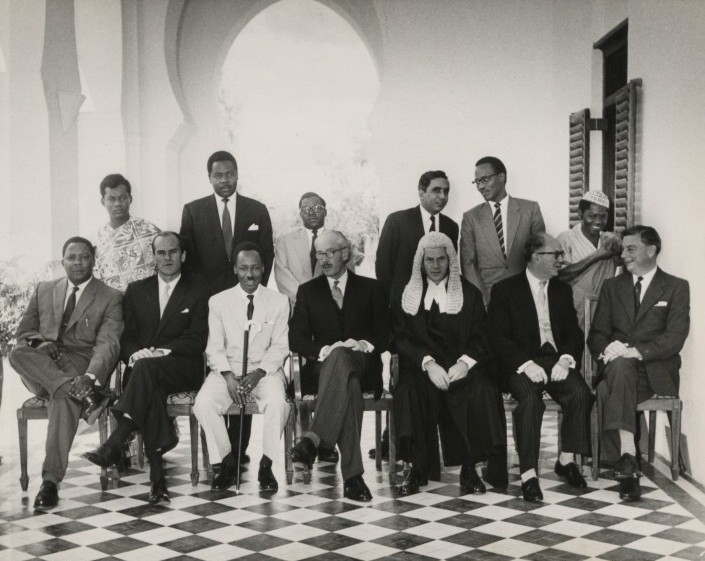Europe Faces Air Traffic Control Crisis Amid Summer Travel Surge

As summer approaches, European air travel is bracing for potential disruptions due to a looming crisis in air traffic control (ATC) systems. French air traffic controllers have announced planned strikes on Thursday and Friday, exacerbating concerns over an already fragile aviation network. The strikes highlight broader systemic issues in Europe's air traffic management, which has been under strain since the COVID-19 pandemic, leading to a tumultuous travel environment for passengers this season.
According to Paul Reuter, vice president of the European Cockpit Association and a Boeing 737 captain for Luxair, "Every summer since Covid has been the worst summer until now." The challenges stem from a fragmented ATC system that is overstressed and understaffed, resulting in significant delays and operational inefficiencies. He noted that with limited airspace and capacity constraints at airports, any disruption can lead to cascading delays throughout the network.
Transport Commissioner Apostolos Tzitzikostas emphasized the severity of the situation in a letter to transport ministers, stating that "last year, the delays in the European aviation network were the worst in 25 years, and the situation this year is likely to deteriorate further." The commissioner projected that Europe could experience up to 38,000 flights on peak days this summer, intensifying the already high demand on ATC services, many of which are struggling with staffing shortages.
The International Federation of Air Traffic Controllers’ Associations (IFATCA) has also raised alarms about the overwork and burnout affecting controllers. Frédéric Deleau, IFATCA's vice president for Europe, noted that when disruptions occur, controllers must manage flight patterns to avoid overcrowding, which in turn affects the speed and timing of flights. This year, air traffic management delays are already at their highest levels in decades, averaging 2.13 minutes per flight, according to Eurocontrol, the European air traffic management body.
Ryanair, one of Europe’s largest low-cost airlines, has become vocally critical of the ATC situation, launching a "League of Delays" campaign to name the worst-performing air traffic control providers in Europe. The airline's CEO, Michael O’Leary, accused national transport ministers of failing to address staffing and operational issues within their respective ATC systems, pointing out that French ATC alone caused delays for over 26,000 Ryanair flights in the first half of 2025.
In defense, the French Ministry of Transport stated that air traffic control issues are not the primary cause of delays in Europe, attributing many disruptions to airlines themselves. They highlighted that Ryanair's own punctuality rates are among the lowest in Europe, with a mere 69 percent, compared to an industry leader's rate of 86 percent.
The geopolitical landscape adds another layer of complexity to ATC operations, as airspace management is further complicated by the ongoing conflict in Ukraine and other regional tensions. Eurocontrol noted that some areas of Europe are now experiencing 30-40 percent more flights than pre-pandemic levels, exacerbating the pressure on an already strained system.
Looking ahead, the challenges facing European air travel this summer are daunting. The need for new air traffic controllers is pressing, with training taking a minimum of three years. CAE, a Canadian training company, has projected that Europe will require 27,000 new controllers over the next decade. The European aviation community must urgently address these staffing shortages to ensure the safety and efficiency of air travel.
As the summer unfolds, passengers and airlines alike face an uncertain travel landscape, with potential delays and frustrations lingering on the horizon. The collective efforts of airlines, air traffic controllers, and government officials will be crucial in navigating this critical period in European aviation history.
Advertisement
Tags
Advertisement




